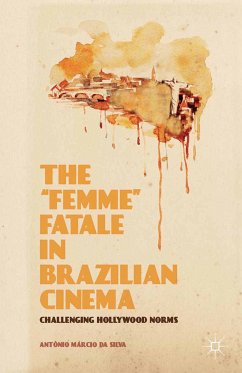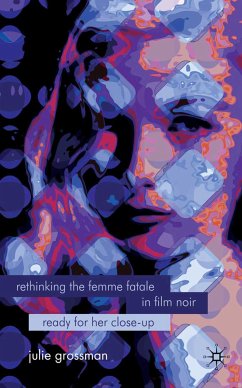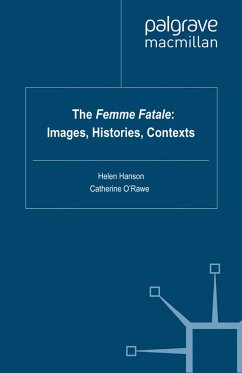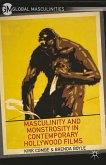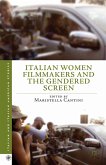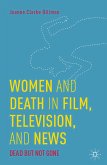Dieser Download kann aus rechtlichen Gründen nur mit Rechnungsadresse in A, B, BG, CY, CZ, D, DK, EW, E, FIN, F, GR, HR, H, IRL, I, LT, L, LR, M, NL, PL, P, R, S, SLO, SK ausgeliefert werden.
"This innovative book offers an interdisciplinary perspective on the performativity of the so-called 'femme fatale' in a number of Brazilian films primarily from the 1970s and 1980s. Navigating between representations of the femme fatale, or the 'deadly woman', if one prefers, as black, homosexual, slave or as a teenager, da Silva provides a key assessment of the figure for Lusophone Studies and cultural and film studies more generally." - Richard Cleminson, Reader, History of Sexuality, University of Leeds, UK

